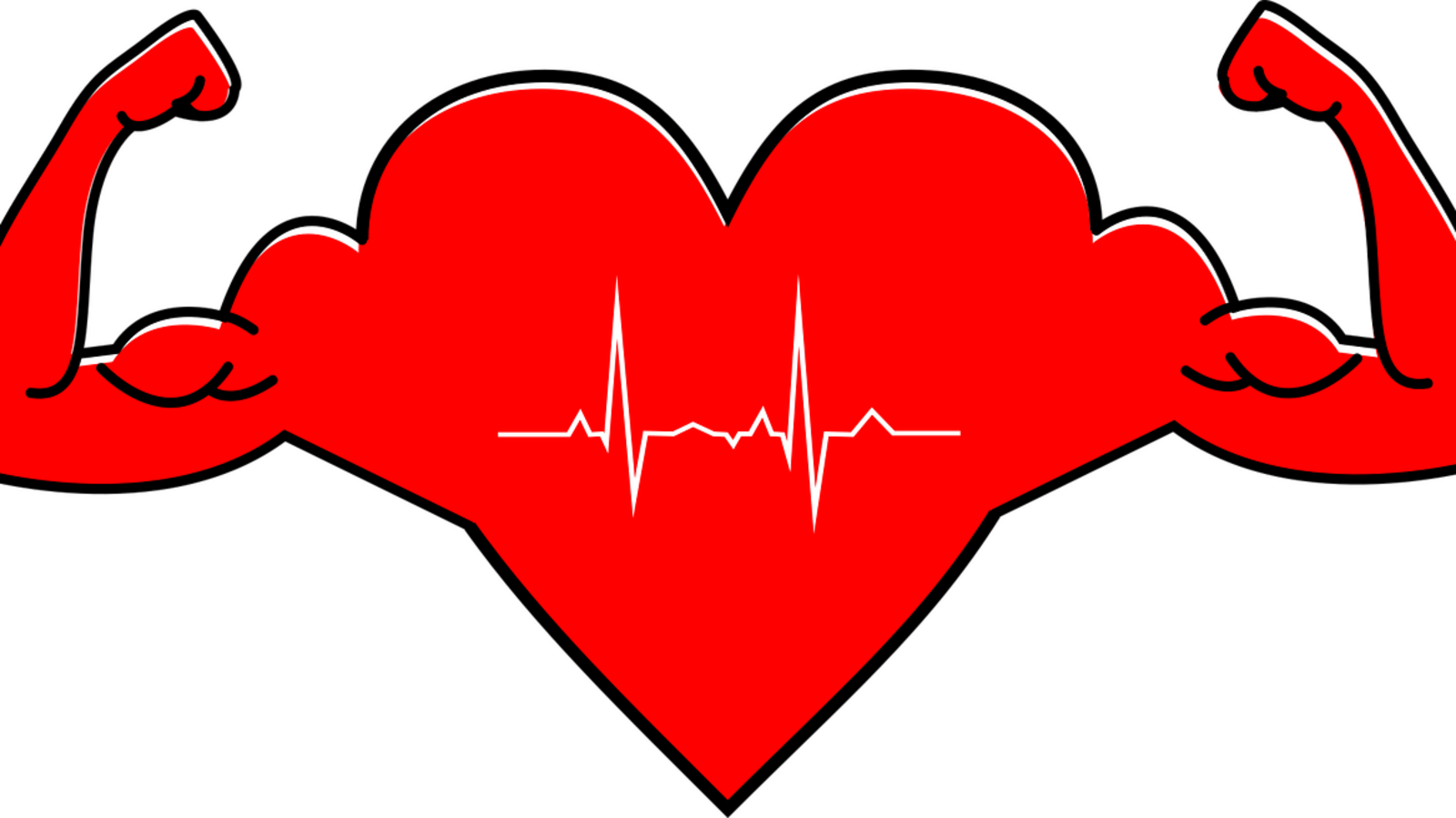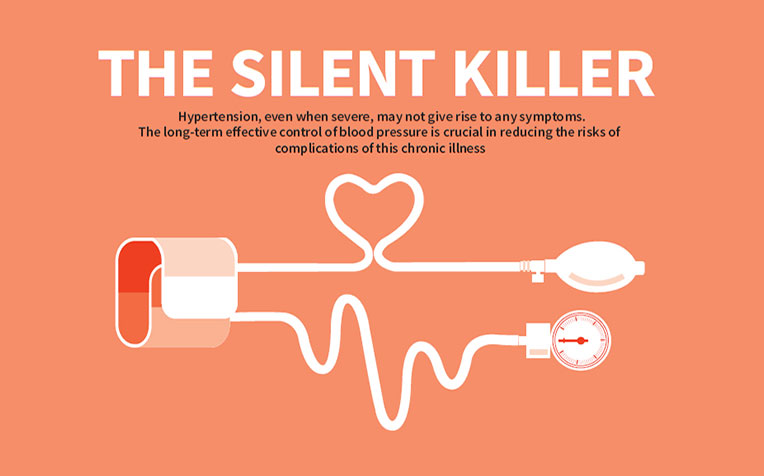Heart disease often develops silently, but preventive screenings can detect early warning signs and allow timely intervention.
1. Essential Heart Health Screenings
-
Blood Pressure Check:
- Normal: 120/80 mmHg
- Hypertension: Above 130/80 mmHg
- Get checked at least once a year or more frequently if at risk.
-
Lipid Profile (Cholesterol Test):
- LDL (“bad” cholesterol) should be below 100 mg/dL.
- HDL (“good” cholesterol) should be above 40 mg/dL for men, 50 mg/dL for women.
- Get tested every 4-6 years or more often if at risk.
-
Blood Sugar Test (Diabetes Screening):
- Fasting blood sugar: Below 100 mg/dL is normal.
- High blood sugar damages arteries and increases heart disease risk.
-
Electrocardiogram (ECG or EKG):
- Detects irregular heartbeats or signs of previous heart attacks.
-
Echocardiogram:
- An ultrasound of the heart to detect structural issues.
-
Stress Test:
- Monitors heart function under physical exertion.
- Recommended for those with risk factors like obesity, diabetes, or family history.
2. Who Should Get Screened?
- Adults over 40 should have annual heart checkups.
- Those with hypertension, high cholesterol, diabetes, or family history need more frequent monitoring.
Regular screenings can save lives by detecting early warning signs. Proactive heart health management leads to a longer and healthier life.



